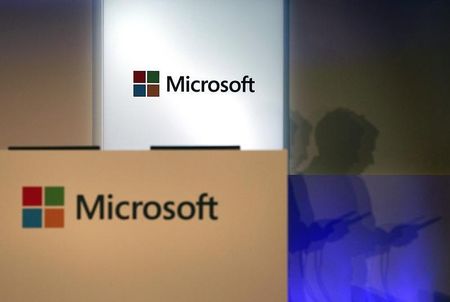SHANGHAI (Reuters) - China could have a new homegrown operating system by October to take on imported rivals such as Microsoft Corp, Google Inc and Apple Inc, Xinhua news agency said on Sunday.
Computer technology became an area of tension between China and the United States after a number of run-ins over cyber security. China is now looking to help its domestic industry catch up with imported systems such as Microsoft's Windows and Google's mobile operating system Android.
The operating system would first appear on desktop devices and later extend to smartphone and other mobile devices, Xinhua said, citing Ni Guangnan who heads an official OS development alliance established in March.
Ni's comments were originally reported by the People's Post and Telecommunications News, an official trade paper run by the Ministry of Industry and Information Technology (MIIT).
"We hope to launch a Chinese-made desktop operating system by October supporting app stores," Ni told the trade paper. Some Chinese OS already existed, but there was a large gap between China's technology and that of developed countries, he added.
He said he hoped domestically built software would be able to replace desktop operating systems within one to two years and mobile operating systems within three to five years.
In May, China banned government use of Windows 8, Microsoft's latest operating system, a blow to the U.S. technology firm's business which raised fears China was moving to protect domestic firms. Microsoft is also under investigation for anti-trust violations.
In March last year, China said that Google had too much control over China's smartphone industry via its Android mobile operating system and has discriminated against some local firms.
Mutual suspicions between China and the United States over hacking have escalated over the past year following revelations by Edward Snowden that U.S. intelligence planted "backdoor" surveillance tools on U.S.-made hardware.
The U.S. Justice Department, meanwhile, indicted five Chinese military officers in May on counts of extensive industrial espionage.
Ni said the ban on Windows 8 was a big opportunity for the Chinese sector to push forward its own systems, but that the industry needed further development and investment.

"Creating an environment that allows us to contend with Google, Apple and Microsoft - that is the key to success," he added.
(Reporting by Adam Jourdan; Editing by Nick Macfie)
4_800x533_L_1412522645.jpg)